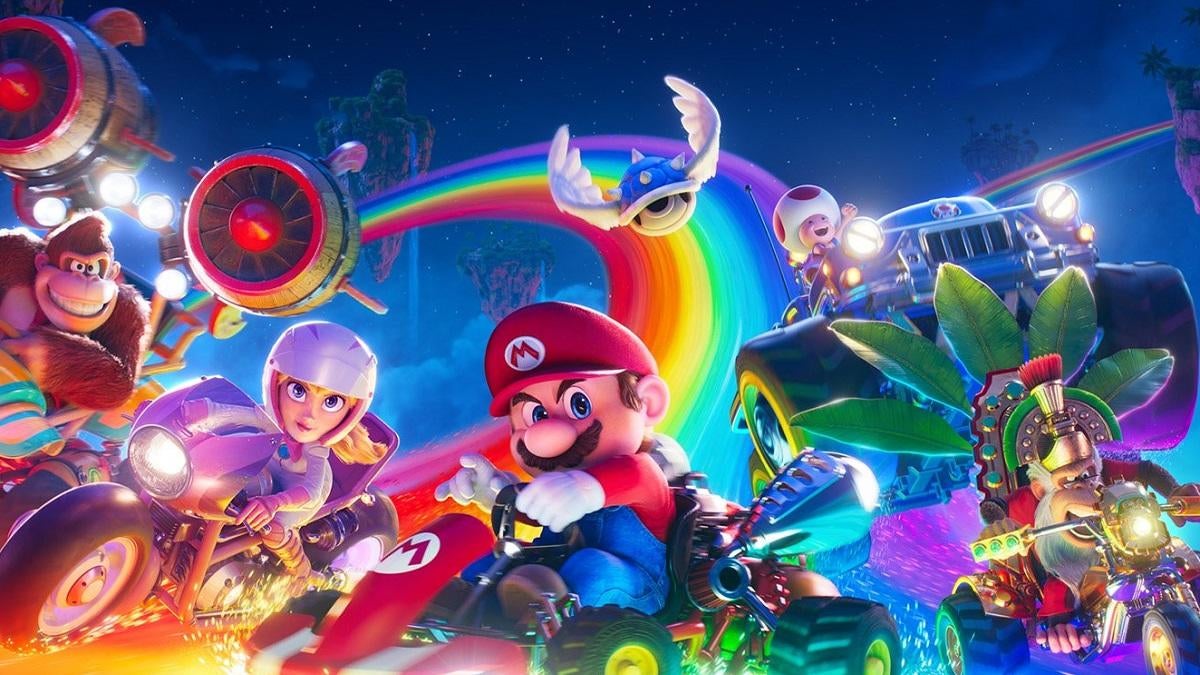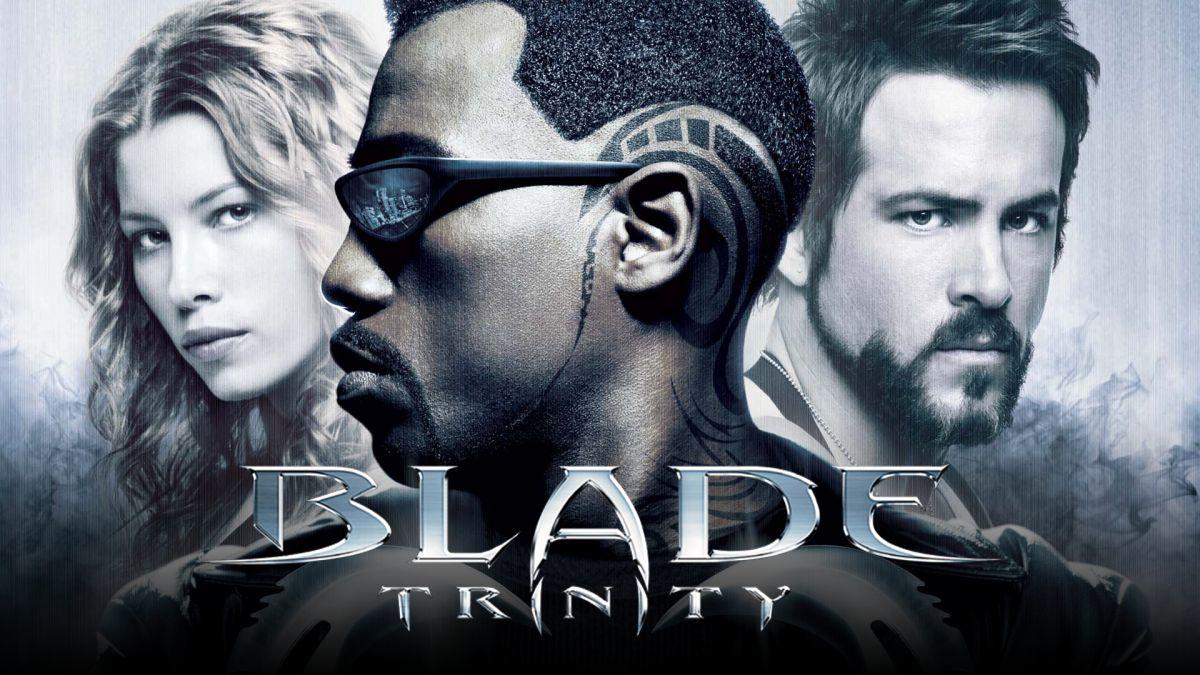ComicBook.com's Games of the Year: Fortnite
Despite spawning countless dance tributes and colorful pieces of merchandise since 2017, Fortnite [...]
Despite spawning countless dance tributes and colorful pieces of merchandise since 2017, Fortnite didn't properly come out of Early Access until June of this year. For a normal video game, that milestone would have been a monumental occasion -- but it served as just one footnote in a surprisingly impressive year for Fortnite. The game's run in 2020 exhibited a sense of innovation and creativity that exceeded fans' expectations time and time again, all while impacting the gaming world in ways that are still going to be felt for years to come.
To an extent, it feels clinical and almost absurd trying to describe Fortnite in broad strokes, especially since no two players experience the game in the same way. That sense of individuality and inventiveness is something that Fortnite leaned into in 2020, making updates to the game that could appeal to the most diehard players, the casual fans, and everyone in between.
Without getting too far into the minutia of it all, the game released four new seasons of content across 2020 -- the secret agent-focused Chapter 2 - Season 2, the nautically-themed Chapter 2 - Season 3, the expansive Marvel Comics crossover of Chapter 2 - Season 4, and the multiversal bounty hunting of the ongoing Chapter 2 - Season 5. Along the way, players got to discover in-game updates that initially seemed revolutionary, but quickly became part of the tapestry of the game, including (but not limited to) donning disguises and shaking down enemies in Season 2, better swimming mechanics in Season 3, various boss fights and superpower abilities in Season 4, and quests and gold bars in Season 5. All of these new decisions -- combined with the usual rotating array of weapons and limited-time modes, and boosts to the game's Creative mode -- created a sense that anything and everything could happen when a player logged on to Fortnite, but that mastering a new in-game skill or unlocking a highly anticipated skin would be within reach.

The mentality of "anything can happen" didn't just extend to the individualized nature of gameplay, but to an ever-growing number of virtual events. The game went to great lengths to tease (and improve the overall experience of) its in-game canonical events, beginning with the "Doomsday Device" at the end of Season 2. "Doomsday Device" not only served as the culmination of months of teases tied to Midas, an NPC boss who developed a fan following for his Bond villain-like demeanor, but it narratively justified plunging the entire game underwater for Season 3. Season 4 upped the ante in terms of narrative, serving as an official canonical crossover with Marvel Comics characters like Thor, Iron Man, and She-Hulk, while also teasing that the villainous Galactus would be making his way to the Fortnite island. Fans got to see the culmination of that hype in late November, with a lengthy event that let players pilot a massive fleet of Battle Buses to defeat Galactus, bringing a sense of comic-accurate spectacle that was arguably better than the actual Avengers game released this year.
Even outside of the canonical and more fantastical experiences, Fortnite went out of its way to foster a virtual community centered around its live events, both inside the game itself and in the new, more relaxed game mode of Party Royale. In April, this began with the Travis Scott "Astronomical" concert, which provided a technologically-savvy, breathtaking experience that fans are still talking about today. Subsequent concerts in Party Royale have highlighted other artists like Steve Aoki, Diplo, and J Balvin, and the world-renowned K-pop group BTS even premiered one of their music videos in the game mode. In the movie world, Fortnite helped screen a new trailer for Tenet, entire movies from Christopher Nolan, and even a few shows from Quibi, all of which were events that feel quintessentially 2020. In a year marked by physical separation and isolation, when the idea of going to a crowded movie theater or a packed concert hall has felt largely impossible, there was something oddly beautiful about Fortnite using its platform in such a communal way.

It's also worth acknowledging the sheer crossover capacity of Fortnite, which started out with a few surprising mashups (just ask Keanu Reeves) and has transformed into an unprecedented melting pot. Each new franchise that enters the game -- either purely on a cosmetic level or through some part of the narrative -- allows fans to express their love for wildly different characters in crossovers that would have been relatively unheard of in any other medium. At some point this year, a Fortnite fan could choose to play as Harley Quinn in her Birds of Prey attire, wielding Aquaman's trident, flying into the map on a glider modeled after a Star Wars X-wing. Sure, there's an element of it that could come across as Ernest Cline's Ready Player One fantasies made manifest, but there's an odd sense of celebration and earnestness to the cosmetic expressions that Fortnite makes possible, especially in a year where a lot of us were only getting dressed up to go to the mailbox or the grocery store.
Yes, Fortnite has been -- and will realistically continue to be -- the butt of video game jokes in the years to come. But the game's success and staying power are truly undeniable, something that only proves to be more and more true with each new update. The past year of the game has truly been about fostering self-expression, whether through cosmetic additions, new gameplay strategies, or a strong digital community. Fortnite's cartoony, pop culture-filled world and inventive creative decisions have brought a hearty helping of chaotic good to people's lives in a year that desperately needed it -- and it stands to reason that it won't be slowing down anytime soon.




